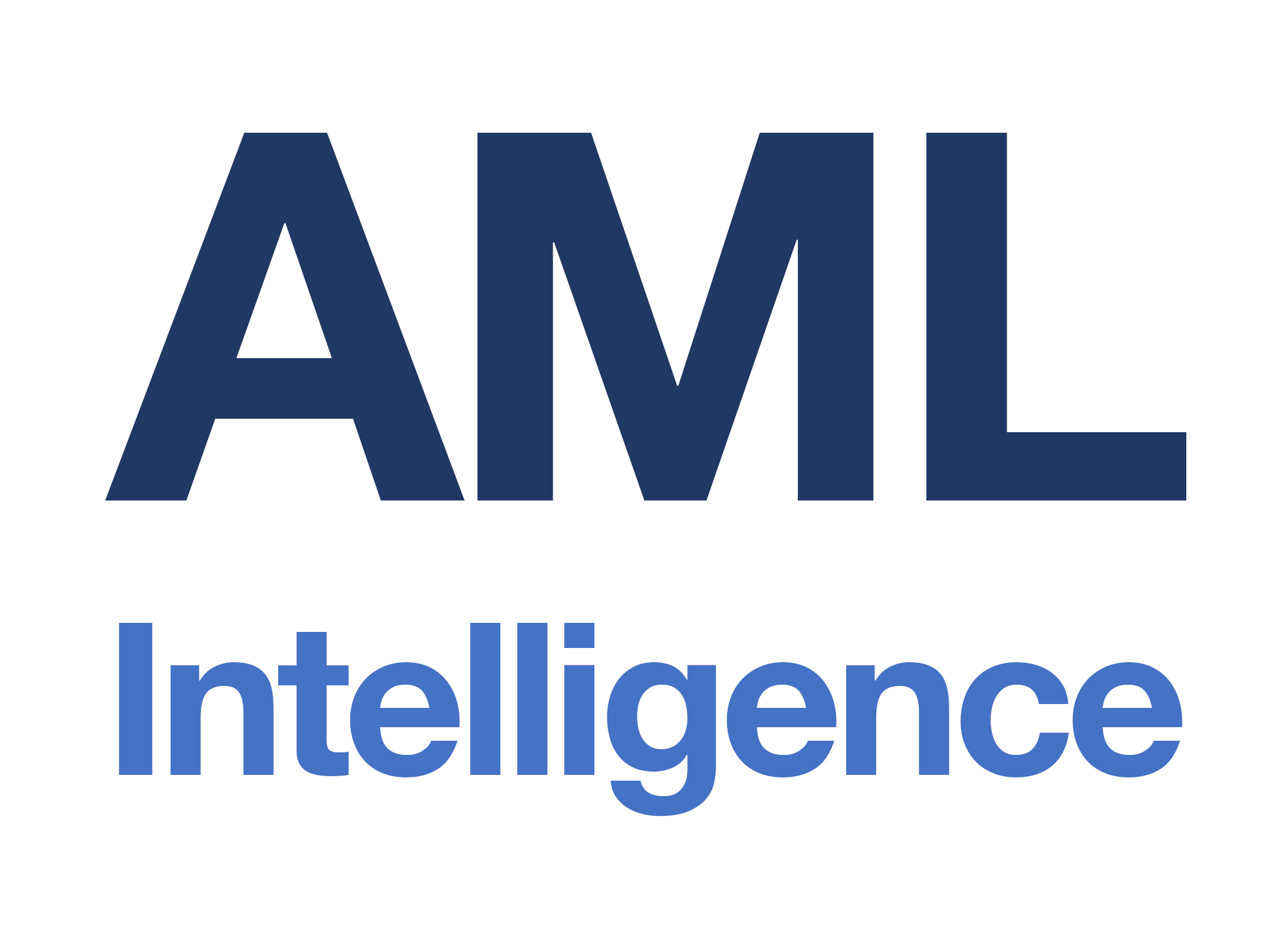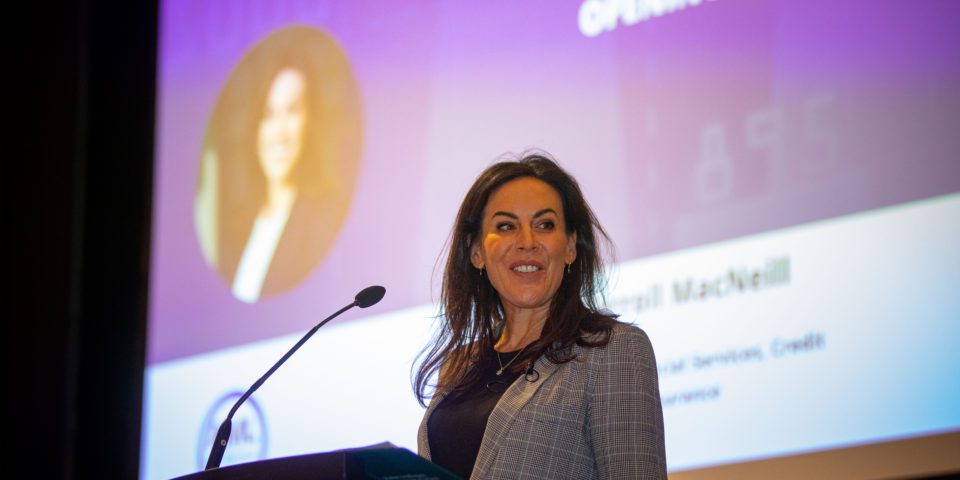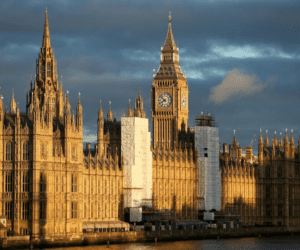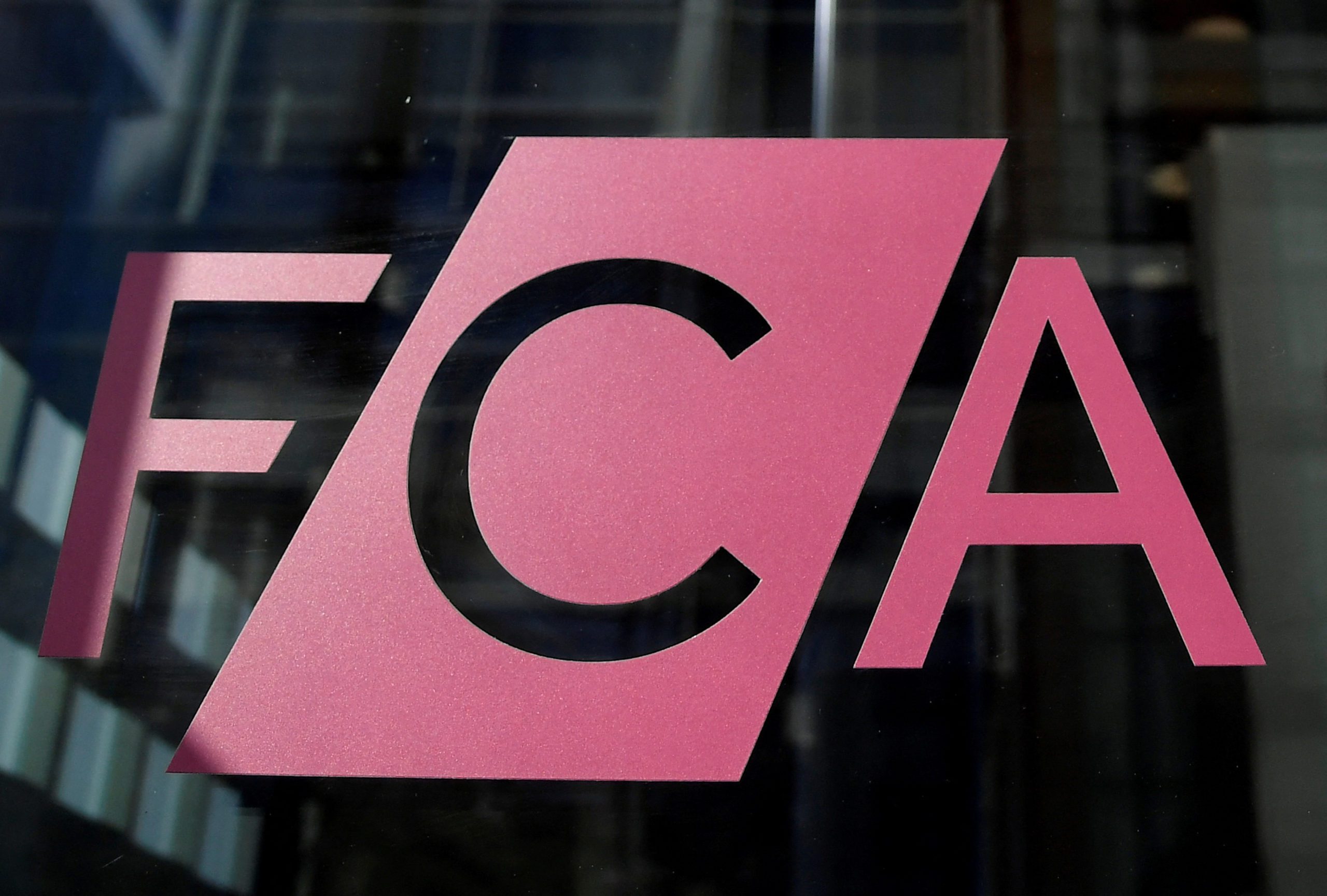By Laura Lynott for AML Intelligence
MORE than 400 fincrime leaders gathered in Dublin for the ‘European Anti-Financial Crime Summit 2023’ on Thursday.
The conference heard from regulators, banking, fintech and law enforcement speakers from across the EU, UK and US.
The keynote speaker, Eurogroup President Paschal Donohoe told delegates that AML and anti-financial crime measures were now a staple on the agenda every month of the EU’s 20 eurozone finance ministers.
Getting the new European Anti-Money Laundering Authority (AMLA) up and running as fast as possible and starving Russian aggression of financial flows were top priorities, the told delegates at the RDS Convention Centre.
The Summit also heard from global financial crime leaders including:
- Dr Marcus Pleyer, DDG, German Finance Ministry, ex President FATF
- Guillaume Valette-Valla, Directeur, TRACFIN, France
- Seana Cunningham, Director of Enforcement & AML, Central Bank of Ireland
- Mark Bishop, Head, Combatting Kleptocracy Cell, NCA, UK
- Tracy Mortenson, President, AML Rightsource
- Federica Taccogna, MD, Interpath Advisory
- Caroline Costello, Financial Crime Leader, Deloitte
- Karyn Kenny, Federal Prosecutor, US DOJ
- Juraj Novocky, European Prosecutor, EPPO
- Claude Bocqueraz, Deputy Head, Financial Crime Unit, European Commission
- Marc Fungard, Global AFC Head, Stripe
- Aaron Elliot-Gross, Group Head of FinCrime & Fraud, Revolut
Ireland’s Minister for Financial Services, Jennifer Carroll MacNeill officially opened the summit Thursday morning. She told delegates Dublin’s highly skilled workforce and its proximity to the UK and strong relationship with the US made the country the best destination to lead the fight against global financial terrorism and money laundering.
Minister MacNeill said the Irish capital has an enviably skilled workforce and a cooperation with the EU and UK, making it the key location for the new Anti Money Laundering Authority (AMLA), which Ireland has opened a bid at EU level for.
The sold-out summit also heard from Claude Bocqueraz, deputy head of the financial crime unit at the European Commission, who stated the EU would be likely to make a decision on which EU city will host AMLA by the end of this year.
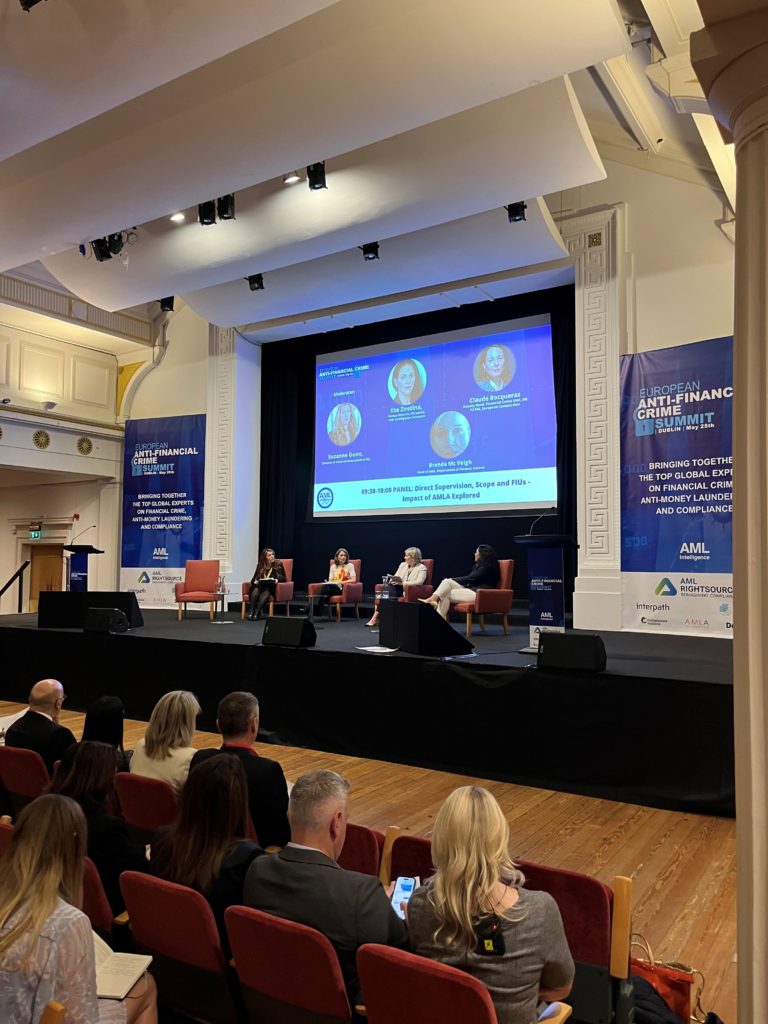
Ms Bocqueraz added that the institution would open next year but take two years to become fully operational.
Minister MacNeill said: “Today is a really important day. We have a very strong culture of collaboration between policymakers, regulators, law enforcement and supervised entities.
“Ireland has done well with its people because of a partnership approach… It’s helped Ireland strengthen our AML and sanctions framework, to ensure we have no weak link.
“We have to work collaboratively globally. Money laundering and terrorist crimes have no borders.
“We have to retrain a global financial system to work together and block criminals.
“There has to be more incentives for everyone to earn a living honestly.”
If Ireland wins the bid to become home to AMLA, the world would soon realise “That a life of crime does not pay.”
“We have to stop money laundering being a lucrative career choice,” Minister MacNeill added.
The AMLA bid marks Ireland’s 50th year as an EU member, the minister stated. If the capital was to win the bid this would further bolster the Irish place in the EU and global market, she added.
It would represent: “A new harmonised landscape” she said. “Criminals don’t stop,” the minister said. “They innovate, they find new ways, new victims. It’s critical to raise awareness where money laundering happens. We have to ensure the expert skills will be in place with public policy practitioners, training, upskillign. We have an enormously talented, highly educated population.
“The talented Irish people are the number one reason why companies relocate.”
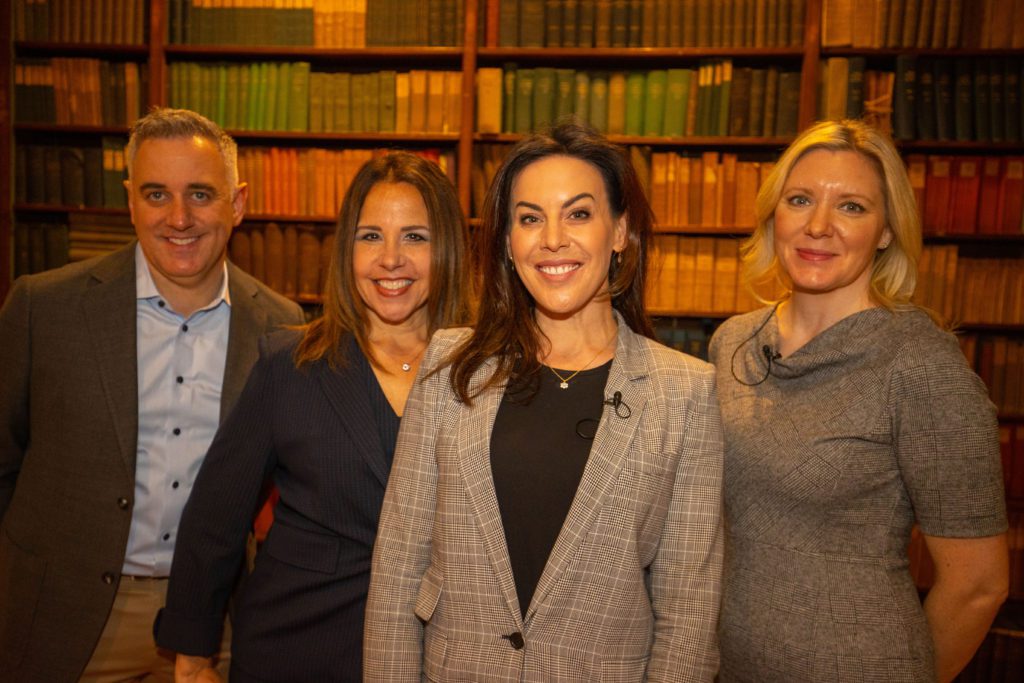
In a move to help strengthen the Irish bid, the minister explained how a series of courses had been rolled out for AML and fintech, to help further upskill the population.
“We need to make sure AMLA is established quickly, to set harmonised standards. I have high hopes for AMLA, particularly if it’s based in Ireland.
“This would be our first big institution. We want to make it robust to benefit the EU as a whole.
“We want AMLA to be global and to encourage conformity to financial rules with Britain, the EU and the world. Dublin is an exciting location for AMNA.
“And I hope the EU can quickly agree on the host country selection. I think today bodes well for that.”
The summit was attended by global tech influencers, state and private sector representatives and law enforcement representatives.
Ms Bocqueraz said the creation of AMLA represented a “revolution” for AML within the EU.
“Until now money laundering rules are in place by directives,” Ms Bocqueraz said. “They have to be transported into international laws.”
A problem had emerged through time, she added, in that different countries were policed by different laws. AMLA could help resolve the situation, she added.
“There has been no coordination body at EU Level and no coordination,” she said. “In short until now, we have had too much fragmentation in supervisory processes across the EU.
“We need a general EU approach to find money laundering with the creation of the new AML authority. We have seen how well this works in banking.”
The body will “fight” money laundering, she said, with new legislation, direct rules for the private sector, regardless of where companies are based and regardless of who supervises firms.
She said crypto assets would also be monitored, to “help address” a new method utilised for “money laundering and financial terrorism.”
Financial intelligence units will be established, with the direct supervision of a cross border financial sector, monitoring of the rest of the financial sector, based on close cooperation with national authorities.
The vision of AMLA is, she added, “ambitious,” covering the financial and non financial sectors and the “riskiest cross border” transactions.
